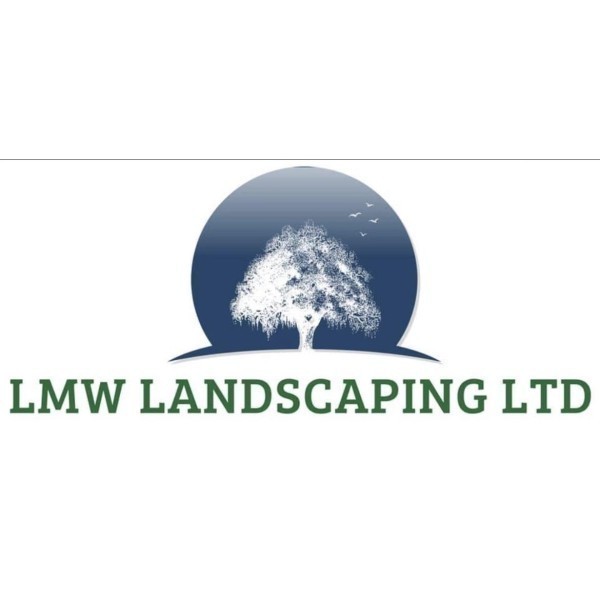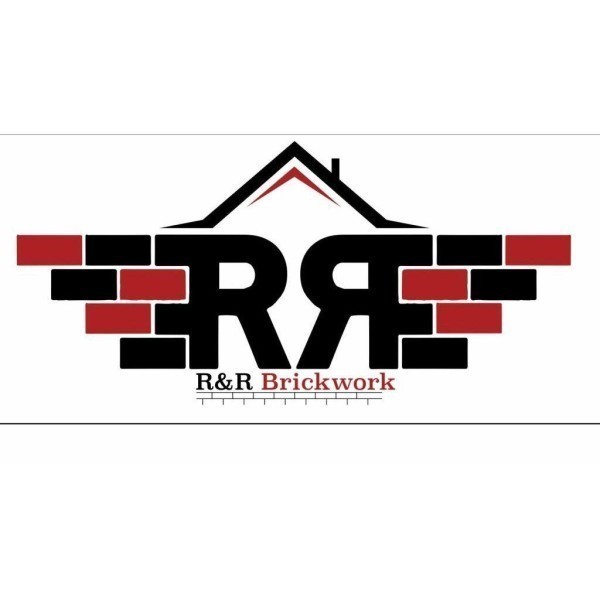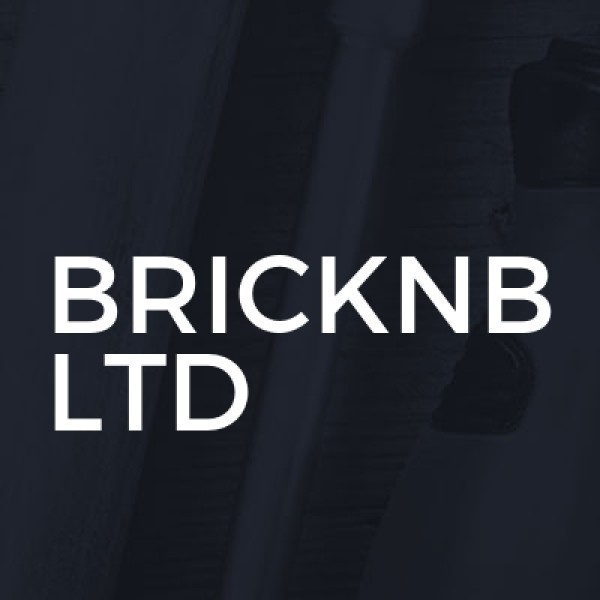Block Paving in Waltham Abbey
Search Block Paving in places nearby
- Block Paving in Basildon
- Block Paving in Billericay
- Block Paving in Braintree
- Block Paving in Brentwood
- Block Paving in Brightlingsea
- Block Paving in Burnham-On-Crouch
- Block Paving in Canvey Island
- Block Paving in Chelmsford
- Block Paving in Chigwell
- Block Paving in Chipping Ongar
- Block Paving in Clacton-On-Sea
Understanding Block Paving in Waltham Abbey
Block paving in Waltham Abbey is a popular choice for homeowners looking to enhance the aesthetic appeal and functionality of their outdoor spaces. This versatile paving solution offers a range of benefits, from durability to design flexibility, making it a preferred option for driveways, patios, and pathways. In this article, we'll delve into the various aspects of block paving, exploring its advantages, installation process, maintenance tips, and more.
What is Block Paving?
Block paving, also known as brick paving, involves the use of individual blocks or bricks to create a hard surface. These blocks are typically made from concrete or clay and come in a variety of shapes, sizes, and colours. The blocks are laid in a specific pattern, often interlocking, to form a durable and visually appealing surface. This method is widely used for driveways, patios, and walkways due to its robustness and aesthetic versatility.
The Benefits of Block Paving
Block paving offers numerous benefits that make it an attractive option for homeowners in Waltham Abbey. Here are some key advantages:
- Durability: Block paving is known for its strength and longevity. It can withstand heavy loads and harsh weather conditions, making it ideal for driveways and high-traffic areas.
- Design Flexibility: With a wide range of colours, shapes, and patterns available, block paving allows for creative and customised designs that can complement any property style.
- Low Maintenance: Once installed, block paving requires minimal maintenance. Regular cleaning and occasional resealing can keep it looking new for years.
- Repairable: If a block becomes damaged, it can be easily replaced without disturbing the surrounding area, ensuring the surface remains intact and attractive.
- Eco-Friendly: Many block paving options are made from sustainable materials, and the permeable nature of the blocks allows for better water drainage, reducing the risk of flooding.
Choosing the Right Materials for Block Paving
When it comes to block paving, selecting the right materials is crucial for achieving the desired look and performance. The two most common materials used are concrete and clay:
Concrete Blocks
Concrete blocks are a popular choice due to their affordability and versatility. They come in a wide range of colours and finishes, allowing for various design possibilities. Concrete is also durable and can withstand significant wear and tear, making it suitable for driveways and other high-traffic areas.
Clay Bricks
Clay bricks offer a more traditional and natural appearance. They are known for their rich, earthy tones and timeless appeal. Although typically more expensive than concrete, clay bricks are highly durable and resistant to fading, ensuring a long-lasting and attractive surface.
Installation Process of Block Paving
The installation of block paving involves several key steps to ensure a stable and visually appealing surface. Here's a brief overview of the process:
- Planning and Design: The first step involves planning the layout and design of the paved area. This includes selecting the pattern, colour, and type of blocks to be used.
- Excavation: The area to be paved is excavated to the required depth, ensuring a solid foundation for the blocks.
- Sub-base Preparation: A sub-base layer, typically made of crushed stone or gravel, is laid and compacted to provide stability and drainage.
- Edge Restraints: Edging is installed to define the boundaries of the paved area and prevent the blocks from shifting.
- Sand Bedding: A layer of sharp sand is spread over the sub-base and levelled to create a smooth surface for laying the blocks.
- Laying the Blocks: The blocks are laid in the chosen pattern, starting from one corner and working across the area. Care is taken to ensure even spacing and alignment.
- Jointing and Compaction: Once the blocks are laid, kiln-dried sand is brushed into the joints to lock the blocks in place. The surface is then compacted using a plate compactor to ensure stability.
Maintenance Tips for Block Paving
To keep block paving looking its best, regular maintenance is essential. Here are some tips to help maintain your paved surfaces:
- Regular Cleaning: Sweep the surface regularly to remove debris and prevent the growth of weeds and moss. A pressure washer can be used for a more thorough clean.
- Weed Control: Apply a weed killer periodically to prevent weeds from taking root between the blocks.
- Resealing: Consider resealing the surface every few years to protect it from stains and enhance its appearance.
- Repairing Damage: Promptly replace any damaged blocks to maintain the integrity and appearance of the surface.
Design Ideas for Block Paving
Block paving offers endless design possibilities, allowing homeowners to create unique and personalised outdoor spaces. Here are some design ideas to consider:
- Herringbone Pattern: This classic pattern is both attractive and strong, making it ideal for driveways and high-traffic areas.
- Basket Weave Pattern: A traditional pattern that adds a touch of elegance to patios and pathways.
- Random Layout: Mixing different sizes and colours of blocks can create a rustic and natural look.
- Border Accents: Adding a contrasting border can highlight the paved area and create a defined edge.
Cost Considerations for Block Paving
The cost of block paving can vary depending on several factors, including the size of the area, the type of blocks used, and the complexity of the design. Here's a breakdown of potential costs:
| Factor | Cost Consideration |
|---|---|
| Material | Concrete blocks are generally more affordable than clay bricks. |
| Area Size | Larger areas will require more materials and labour, increasing the overall cost. |
| Design Complexity | Intricate patterns and designs may require more time and skill, affecting the cost. |
| Labour | Professional installation ensures quality but comes at a cost. |
Environmental Impact of Block Paving
Block paving can have a positive environmental impact when done thoughtfully. Here are some considerations:
- Permeable Paving: Opting for permeable blocks allows water to drain through the surface, reducing runoff and the risk of flooding.
- Sustainable Materials: Choose blocks made from recycled or sustainable materials to minimise environmental impact.
- Local Sourcing: Sourcing materials locally can reduce the carbon footprint associated with transportation.
Finding a Reliable Block Paving Contractor in Waltham Abbey
Choosing the right contractor is crucial for a successful block paving project. Here are some tips for finding a reliable contractor in Waltham Abbey:
- Research: Look for contractors with positive reviews and a solid reputation in the community.
- Experience: Choose a contractor with experience in block paving to ensure quality workmanship.
- Portfolio: Review the contractor's portfolio to assess their style and quality of work.
- Quotes: Obtain multiple quotes to compare pricing and services offered.
Frequently Asked Questions about Block Paving in Waltham Abbey
1. How long does block paving last?
With proper maintenance, block paving can last for 20 years or more.
2. Can block paving be installed in any weather?
It's best to install block paving in dry conditions to ensure proper setting and stability.
3. Is block paving suitable for sloped areas?
Yes, block paving can be installed on slopes, but proper drainage and edging are essential.
4. How do I prevent weeds in block paving?
Regular cleaning and the application of weed killer can help prevent weed growth.
5. Can I install block paving myself?
While possible, professional installation is recommended for the best results.
6. What is the best way to clean block paving?
A pressure washer is effective for deep cleaning, but regular sweeping is also important.
Conclusion
Block paving in Waltham Abbey offers a durable, versatile, and aesthetically pleasing solution for enhancing outdoor spaces. With a variety of materials, designs, and patterns to choose from, homeowners can create unique and functional areas that complement their properties. By understanding the installation process, maintenance requirements, and cost considerations, you can make informed decisions and enjoy the benefits of block paving for years to come.













